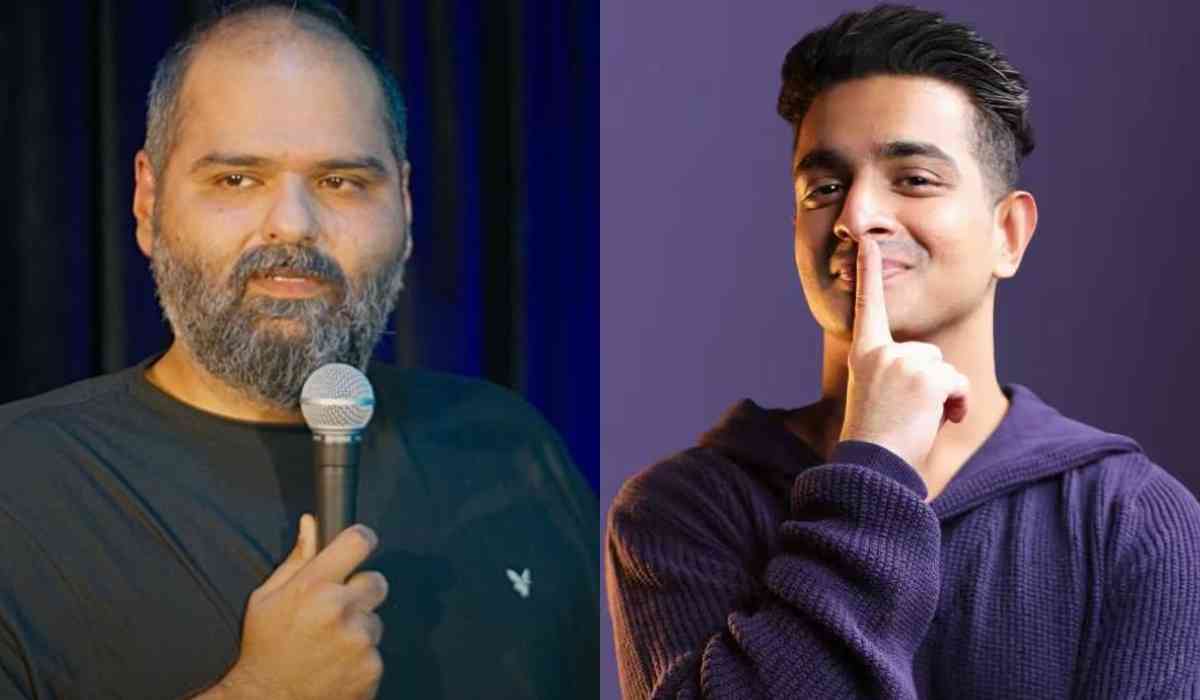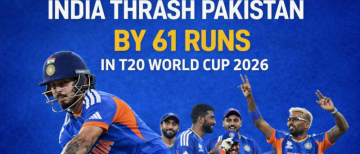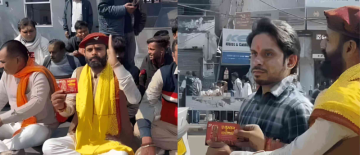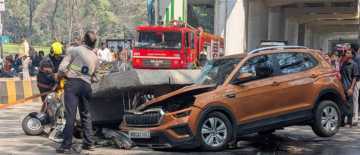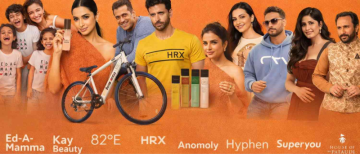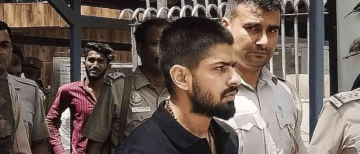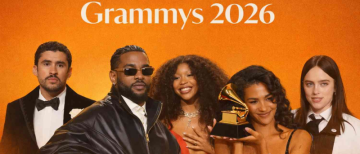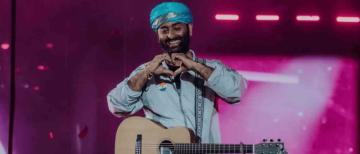The digital content landscape in India has undergone a seismic shift in recent years. With platforms like YouTube becoming the epicenter for creativity, expression, and entertainment, creators have found unprecedented opportunities to connect with audiences. However, this newfound freedom comes with its own set of challenges—ranging from public outrage to legal battles. Two prominent figures, Kunal Kamra and Ranveer Allahbadia, have recently found themselves at the center of controversies that highlight the precarious state of creators in India. Their experiences raise critical questions about artistic freedom, societal tolerance, and the future of creative expression.

Kunal Kamra: The Maverick of Political Satire
Kunal Kamra has long been a polarizing figure in Indian comedy. Known for his sharp political satire, Kamra has consistently challenged the establishment through his stand-up routines and social media presence. His recent controversy stems from remarks made during a performance in Mumbai, where he referred to Maharashtra Deputy Chief Minister Eknath Shinde as a "traitor." This comment triggered backlash from Shiv Sena workers, who vandalized the venue and filed police complaints against Kamra.
Kamra's history of controversies is extensive:
-
Legal Battles: He faced contempt of court charges for criticizing the Supreme Court's decisions on social media.
-
Political Satire: His jokes targeting figures like Prime Minister Narendra Modi and Bollywood superstar Salman Khan have often drawn ire from supporters of these personalities.
-
Censorship Issues: Kamra has accused entities like T-Series of employing "mafia tactics" to block his videos under copyright claims, raising concerns about creators' rights to satire and parody.
Despite these challenges, Kamra remains unapologetic. He has repeatedly defended his right to free speech, emphasizing that comedy is meant to provoke thought and challenge norms. However, his defiance has also made him a target for political groups and legal authorities, illustrating the risks comedians face when addressing sensitive topics.
Ranveer Allahbadia: A Lesson in Public Backlash
Ranveer Allahbadia, popularly known as BeerBiceps, represents a different segment of Indian creators—those focused on lifestyle content and self-improvement. However, his recent appearance on Samay Raina’s show India’s Got Latent sparked controversy when he made remarks about parents and sex that were deemed inappropriate by many viewers. The backlash was swift, leading to legal complaints and widespread criticism on social media.
Unlike Kamra, Allahbadia chose to apologize publicly for his comments. In a video posted on X (formerly Twitter), he acknowledged his mistake and vowed to use his platform more responsibly moving forward. This incident highlights an important aspect of modern content creation: the need for creators to navigate societal sensitivities carefully while maintaining their authenticity.
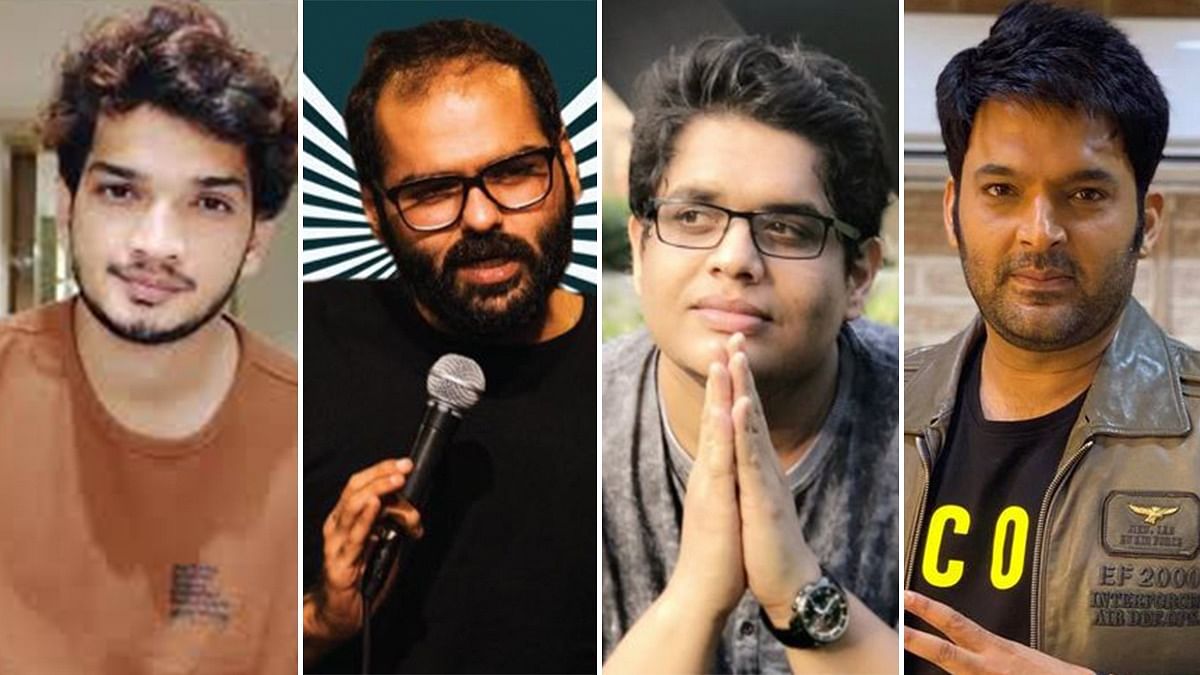
A Shared Struggle: The State of Indian Creators
The controversies surrounding Kamra and Allahbadia are symptomatic of broader issues affecting Indian creators today:
-
Freedom vs. Censorship: Creators often walk a tightrope between expressing their views freely and avoiding legal or social repercussions. While platforms like YouTube provide a space for unfiltered content, societal intolerance often leads to calls for censorship.
-
Public Outrage Culture: The rise of cancel culture has made it increasingly difficult for creators to experiment with bold or unconventional ideas without risking backlash.
-
Legal Challenges: From defamation suits to copyright claims, creators frequently find themselves entangled in legal battles that drain resources and stifle creativity.
-
Pressure to Self-Censor: Incidents like Allahbadia’s apology illustrate how public criticism can force creators to dilute their content or avoid certain topics altogether.
The Role of Society: Are We Too Sensitive?
Indian society's relationship with humor and creative expression is complex. On one hand, there is an appetite for edgy content that challenges norms; on the other hand, there is a tendency to take offense easily. This dichotomy creates an environment where creators are simultaneously encouraged to push boundaries yet punished for crossing them.
The backlash against Kamra's political satire and Allahbadia's candid remarks reflects deeper societal divisions:
-
Political Polarization: Kamra’s criticism of government leaders often attracts supporters who champion free speech but also detractors who view his jokes as disrespectful or inflammatory.
-
Cultural Conservatism: Topics like sex remain taboo in many parts of India, making Allahbadia’s remarks particularly controversial despite their comedic intent.
What Can Creators Do?
Navigating these challenges requires strategic thinking and adaptability:
-
Diversify Content: By exploring varied themes beyond controversial topics, creators can broaden their audience base while reducing dependency on shock value.
-
Engage Constructively: Dialogues with critics can help bridge gaps in understanding while ensuring accountability.
-
Understand Legal Boundaries: Familiarity with laws governing free speech and obscenity can help creators avoid legal pitfalls.

Conclusion: A Reflection of the Times
The experiences of Kunal Kamra and Ranveer Allahbadia are not just isolated incidents but reflections of the evolving dynamics between creators and society in India. While these controversies highlight the challenges faced by YouTubers and comedians today, they also underscore the resilience required to thrive in such an environment.
As audiences become more vocal about what they find acceptable or offensive, creators must adapt without losing their authenticity. Whether this represents a "sorry state" or an opportunity for growth depends on how both creators and society choose to navigate these tensions moving forward.
In the end, the stories of Kamra and Allahbadia serve as cautionary tales—and reminders—of the power and responsibility that come with being a creator in today's world.
With inputs from agencies
Image Source: Multiple agencies
© Copyright 2025. All Rights Reserved Powered by Vygr Media.

